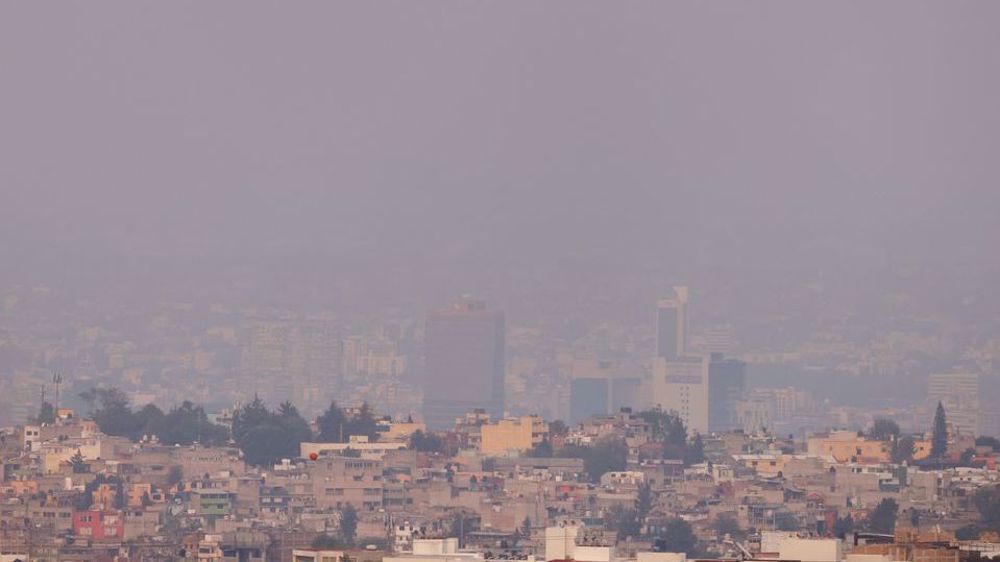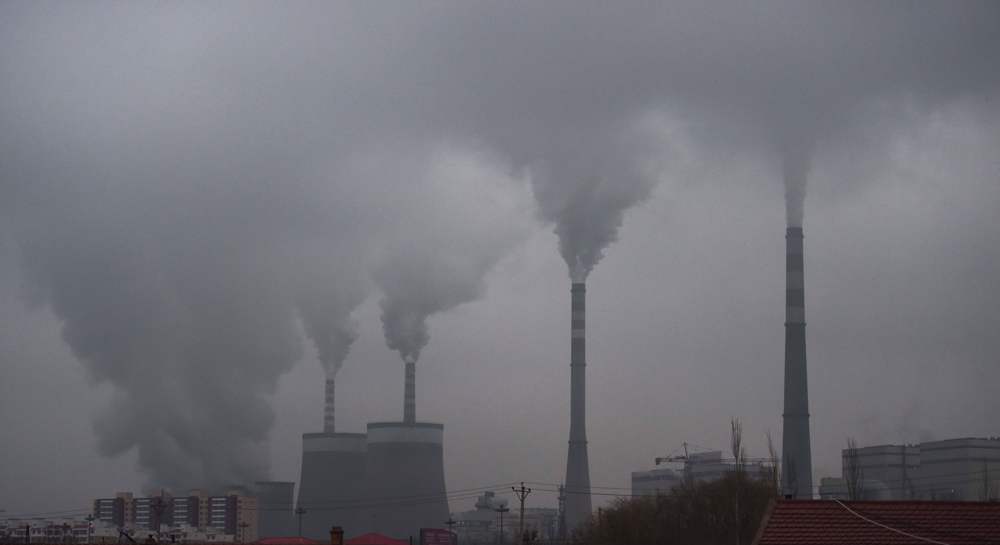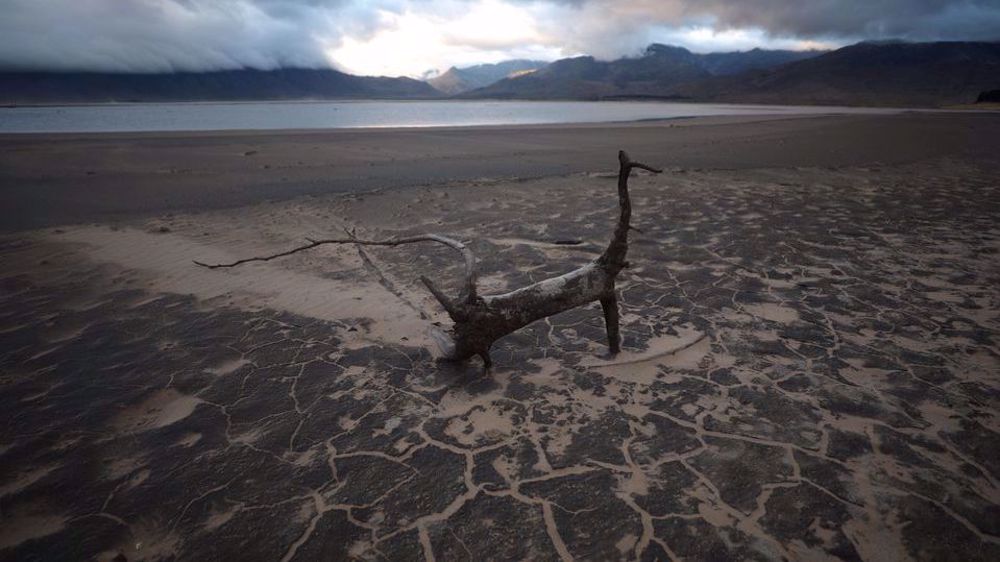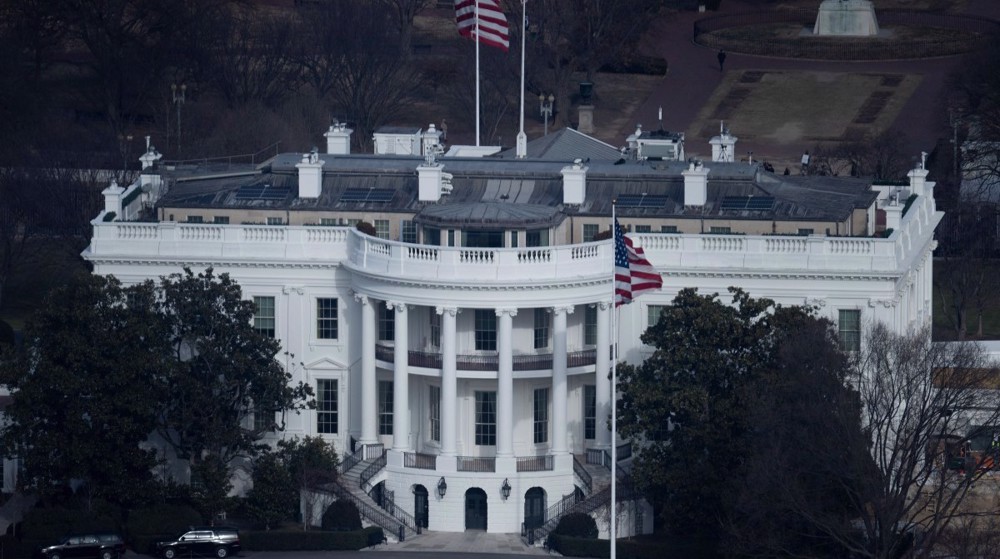UN warns world 'way off track' as greenhouse gases hit new record
Greenhouse gas concentrations hit a new record in 2020, the UN weather agency says, warning that the world is "way off track" for capping rising temperatures.
A World Meteorological Organization report showed that carbon dioxide levels surged to 413.2 parts per million in 2020, rising more than the average rate over the last decade despite a temporary emissions dip during COVID-19 lockdowns.
Secretary General Petteri Taalas said that the current rate of increase in heat-trapping gases would result in temperature rises "far in excess" of the 2015 Paris Agreement target of 1.5 degrees Celsius above the pre-industrial average this century.
"We are way off track. We need to revisit our industrial, energy and transport systems and whole way of life," he said, calling for a "dramatic increase" in commitments at the COP26 conference beginning October 31.
Carbon dioxide can remain in the atmosphere for centuries so concentrations are different from emissions which fluctuate depending on the current level of fossil fuels burnt.
This long shelf-life also means climate scientists expect warming to persist for decades, even if deep carbon emissions cuts are made immediately.
The UN's blunt report comes as British Prime Minister Boris Johnson, the COP26 host, said he was "very worried" that the 12-day climate talks could go awry.
"I'm very worried because it might go wrong... it's touch and go," Johnson said.
"It's very, very far from clear that we'll get the progress that we need," he said, though he remained hopeful a deal can be done to reduce carbon emissions and limit future temperature rises.
Nearly 200 countries will meet in Glasgow, Scotland, next month with a view to increasing efforts to tackle global warming.
‘Alarming' Amazon data
The UN's World Meteorological Organization said that continued rising greenhouse gas emissions would result in more extreme weather and wide-ranging impacts on the environment, the economy and humanity.
The report confirmed, as expected, that the COVID-19 economic slowdown "did not have any discernible impact on the atmospheric levels of greenhouse gases and their growth rates."
It added that early readings showed levels of carbon dioxide, the gas that makes the biggest contribution to warming, continued to rise in 2021.
"We need to mitigate emissions, there is no way around it, we need to reduce emissions as fast as possible," Oksana Tarasova, the head of the WMO's atmospheric and environment division, told reporters.
The WMO report also flagged concerns about the ability of the ocean and land to absorb roughly half of carbon dioxide emissions. These "sinks" act as a buffer and prevent the possibility of more dramatic temperature increases.
WMO data collected over ten years showed that a portion of the Amazon rainforest had switched from carbon "sink" to carbon "source" for the first time amid wildfires and deforestation.
"It's not automatic that the strength of sinks will continue at the same rate," said Taalas, describing the Amazon data as "alarming".
Disaster gets closer
The three major greenhouses gases are CO2, methane and nitrous oxide. CO2 is the most important, accounting for around 66 percent of the warming effect on the climate.
CO2 concentrations reached 413.2 parts per million (ppm) in 2020, up 2.5 ppm, and is at 149 percent of the pre-industrial level in 1750, the WMO said.
Methane averages reached a new high of 1,889 parts per billion in 2020, up 11 ppb on the year before, and is at 262 percent of the pre-industrial benchmark.
Nitrous oxide averages reached 333.2 ppb, up 1.2 ppb, and is now at 123 percent of 1750 levels.
Euan Nisbet, from the University of London's Greenhouse Gas Group, compared the greenhouse gas measurements to "skidding into a car crash."
"The disaster gets closer and closer but you can't stop it. You can clearly see the crash ahead, and all you can do is howl."
Dave Reay, director of the Edinburgh Climate Change Institute, said the report provided a "brutally frank" assessment of COP achievements so far: "an epic fail."
Meanwhile, a decade-old target for rich countries to contribute $100 billion a year to help poorer ones fight climate change should be attainable in 2023, according to analysis by the Organization for Economic Co-operation and Development.
The target was meant to have been reached last year, and the failure of developed nations to do so has become a key point of contention heading into Glasgow.
(Source: Agencies)
Canada prime minister hits back at Trump's remarks
Lebanese journalist summoned to court for criticizing president
‘The Voice of Hind Rajab’ receives Oscar nomination
VIDEO | Foreign-backed terrorism in Iran
US-backed riots suffered 'humiliating' defeat in Iran: Yemeni leader
Pezeshkian: ‘Unholy rage’ fueled by Iran’s enemies after June defeat
Iran condemns Israeli demolition of UNRWA headquarters in occupied al-Quds
Denmark reasserts Greenland sovereignty as Trump claims ‘total access’












 This makes it easy to access the Press TV website
This makes it easy to access the Press TV website